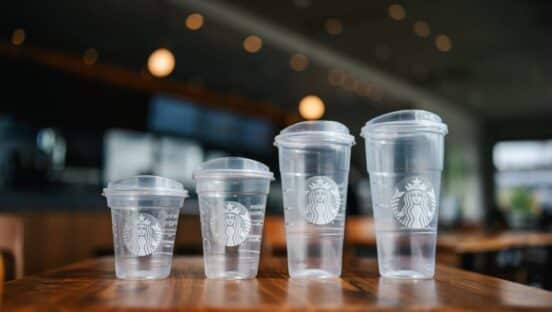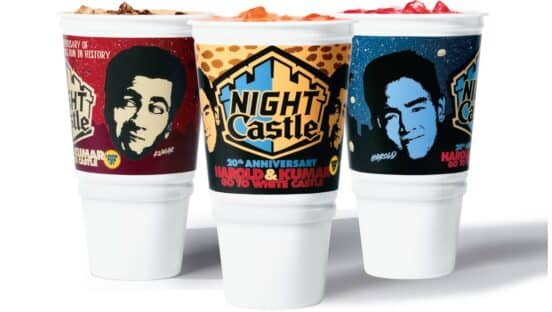After interviewing 90,000 area directors, area managers, district managers, and franchise consultants from more than 21 different quick-service companies, noted hospitality expert and author Jim Sullivan knows intimately the worker that every growing quick-service brand relies heavily on—the multi-unit manager or MUM. And he knows the industry as a whole could be doing a better job to ensure the success of workers in that position.
Yesterday during his QSR Workforce Symposium presentation titled “Multi-Unit Leadership: The 7 Stages of Building High-Performing Partnerships and Teams,” Sullivan described of the average of the quick-service multi-unit manager as white, male, 36, with 14 years of education. The average multi-unit manager has 5.9 years in that particular role and eight stores under his control. The ideal number of stores, revealed Sullivan’s research, is no more than six.
If a MUM is responsible more than six stores, somebody is getting shortchanged, according to Sullivan. “The most profitable and successful multi-unit managers visit each of their stores one time per week. Their visit last about six hours,” Sullivan said.
However, what the average MUM is doing, based on responses to Sullivan’s survey, is spending 90 minutes visiting each of their stores every three weeks. Paperwork, MUMs told Sullivan, is keeping them stuck in the office.
Eighty-three percent of quick-service MUMs also told Sullivan that their initial training for the position was “inadequate.” In fact, on respondent told Sullivan, “You walk in stupid every day. And with the level of training given to MUMs it’s no wonder they feel that way. Sullivan found that the average MUM receives approximately 4.5 days of job-related training. The average quick-service hourly worker receives about five days.
To improve their performance, Sullivan suggested that MUMs spend 70 percent of their time in stores and actively participate in four shifts per month. Anything less is a waste of time, Sullivan reasoned. He also suggested MUMs adopt this mantra: “You’re visiting people, not stores.”








